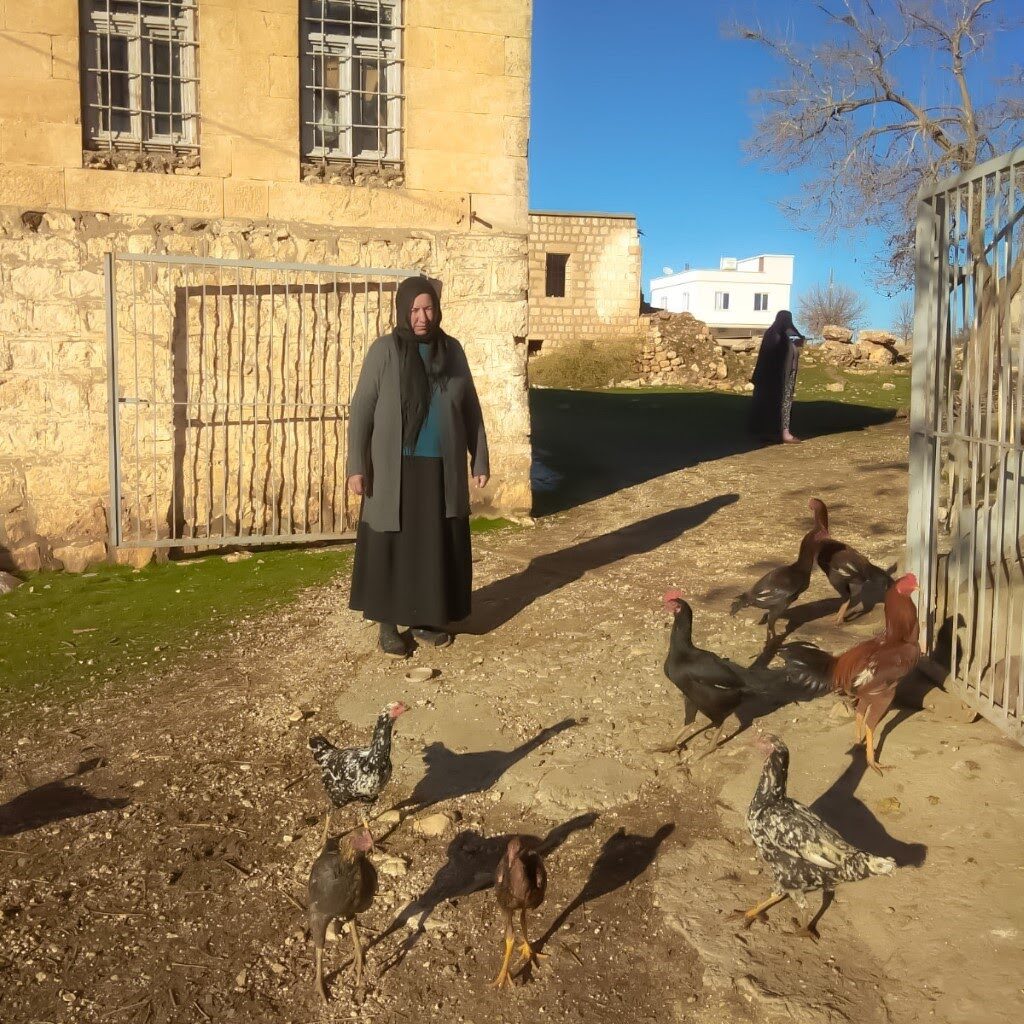By Deniz Demirag, MSc Environment, Politics and Development
I want to take you on a journey to an ordinary village in Southeast Turkey. I never knew what home felt like after nomadically living in four countries and countless cities. I was in search of unknown treasure in uncharted places. Then a breeze of my lost memories of childhood found me, and I knew that the real gem was where it all started – in this ordinary Turkish/Kurdish village. Despite the euphoria of this place, red-whiskered bulbuls aren’t always singing, and the roads get rocky.

This is my plan to document ordinary people with their highs and lows. Their experiences guide us through socio-economic, political and cultural veils, but most importantly, they provide a platform to put minds into perspective. I want to explore the development processes that affected people’s lives – migration, violence, forced labour and marriage – and how these had an unravelling psychological impact.
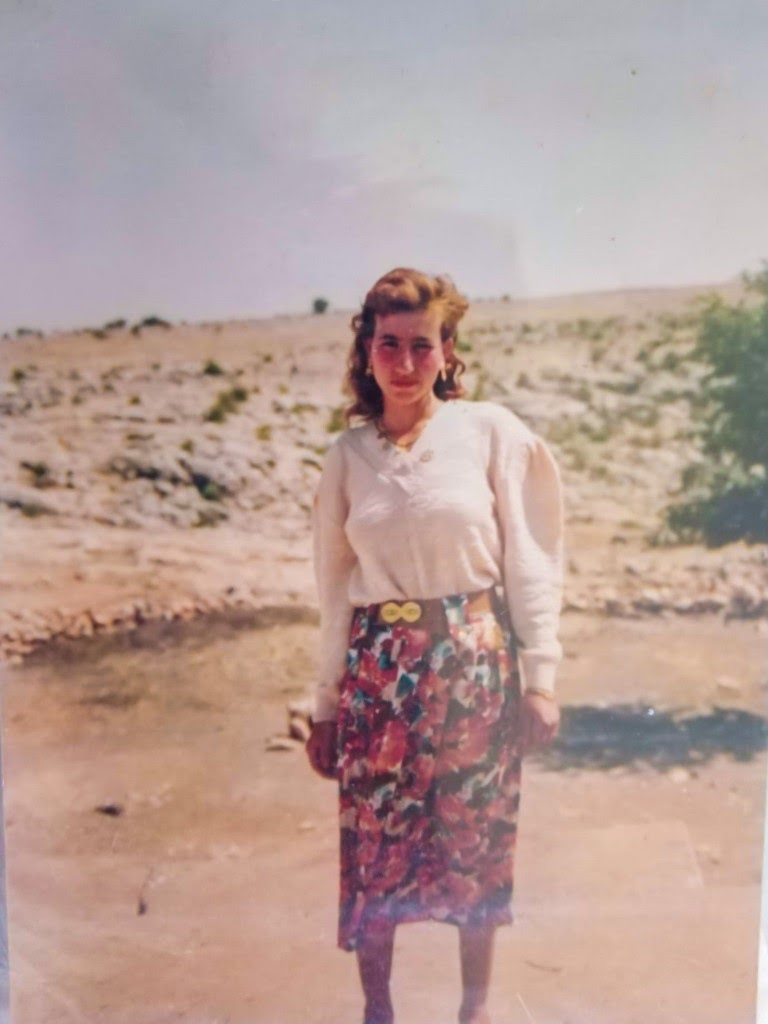
Beauty lies in people’s simple words, in a world where stories are only worth telling if they are good, gracious and glorified.
My aunt, Hacer, was very kind to share her humble story to us, going through a divorce almost 20 years ago in a traditional village.

‘My marriage was arranged by my parents against my will. My ex-husband was a family member, and I was forced at an early age because my parents said the “customs” (âdet) and “traditions” (gelenek) must be protected. There was no love. He mistreated me from the beginning like I was an animal.’
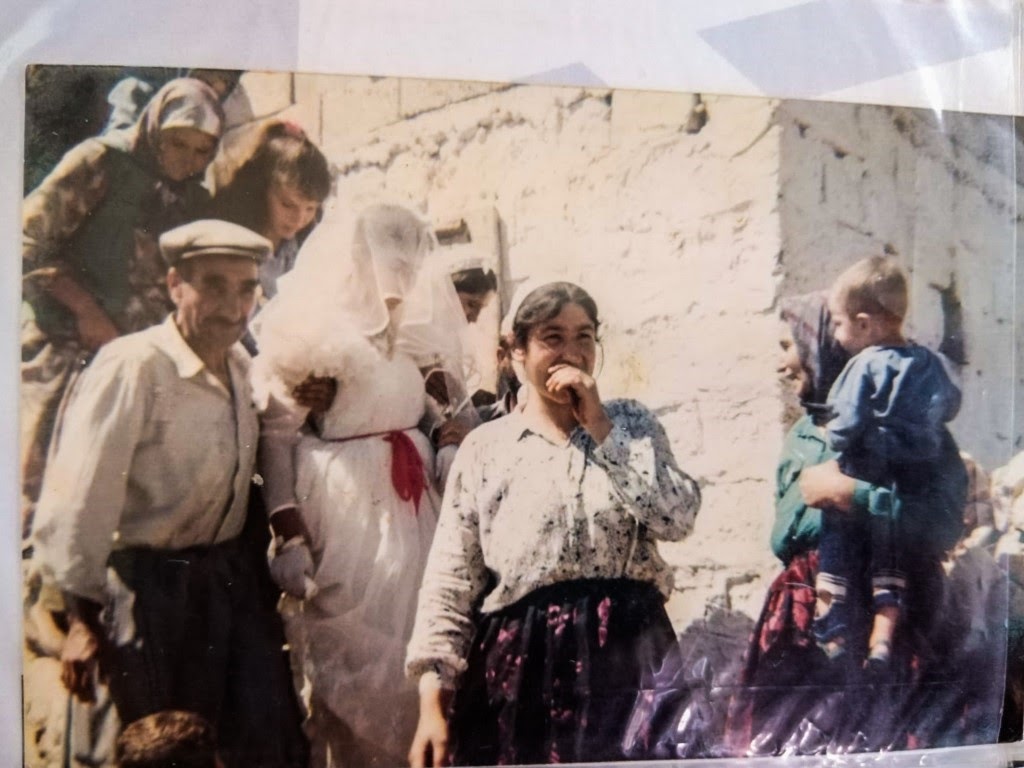
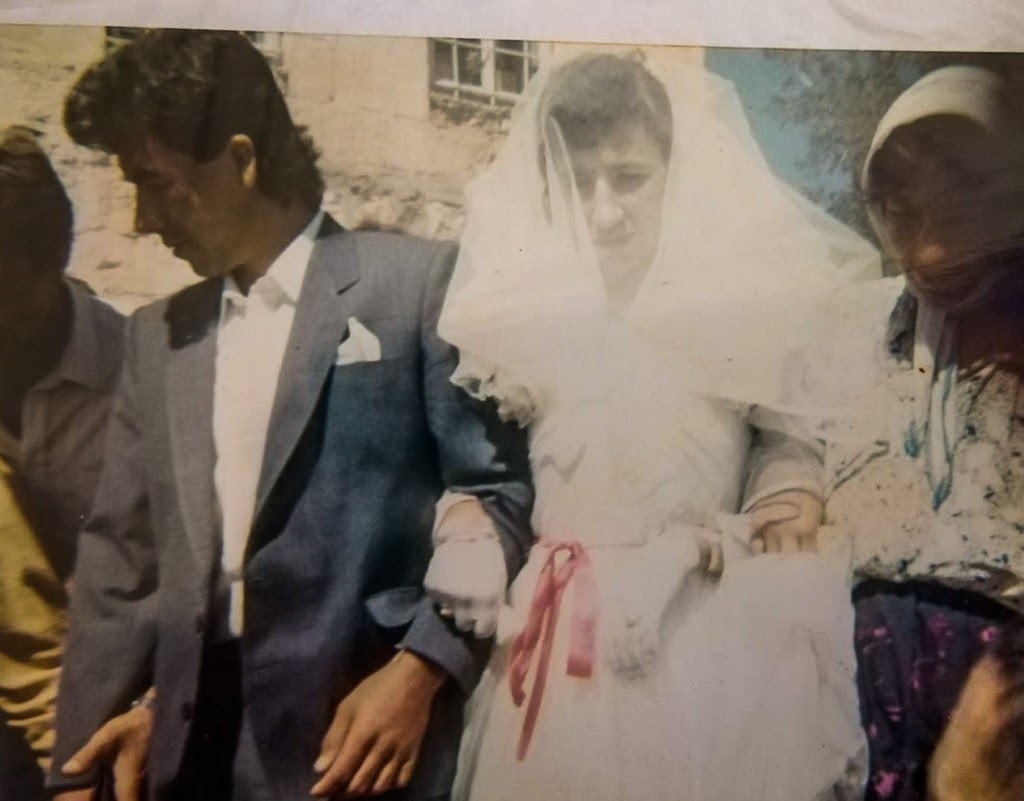
‘I gave him four kids; my oldest child – my daughter – has gotten sick. She lost all her vision due to a cataract. She was misdiagnosed at first, and the correct treatment was not given. She wouldn’t be blind now if the conditions were different. That is our destiny. It is a small village. We had to get her treated in Germany where our relatives lived, but it was too late. I had to take care of the house and my visually impaired daughter.’

‘I bore his actions for the sake of our children, and I never thought divorce was a possibility. We divorced when he intended to migrate to Germany. He said he would send money to us. People at first condemned and shamed me; it is a small village. They degraded me and “attacked my honour” (onur). He was living comfortably in Germany while I was taking care of the entire house. Some people even blamed me for manipulating my kids for not talking to their father. Their father never showed them love. Sometimes the kids would want chocolate; he would get nothing.’
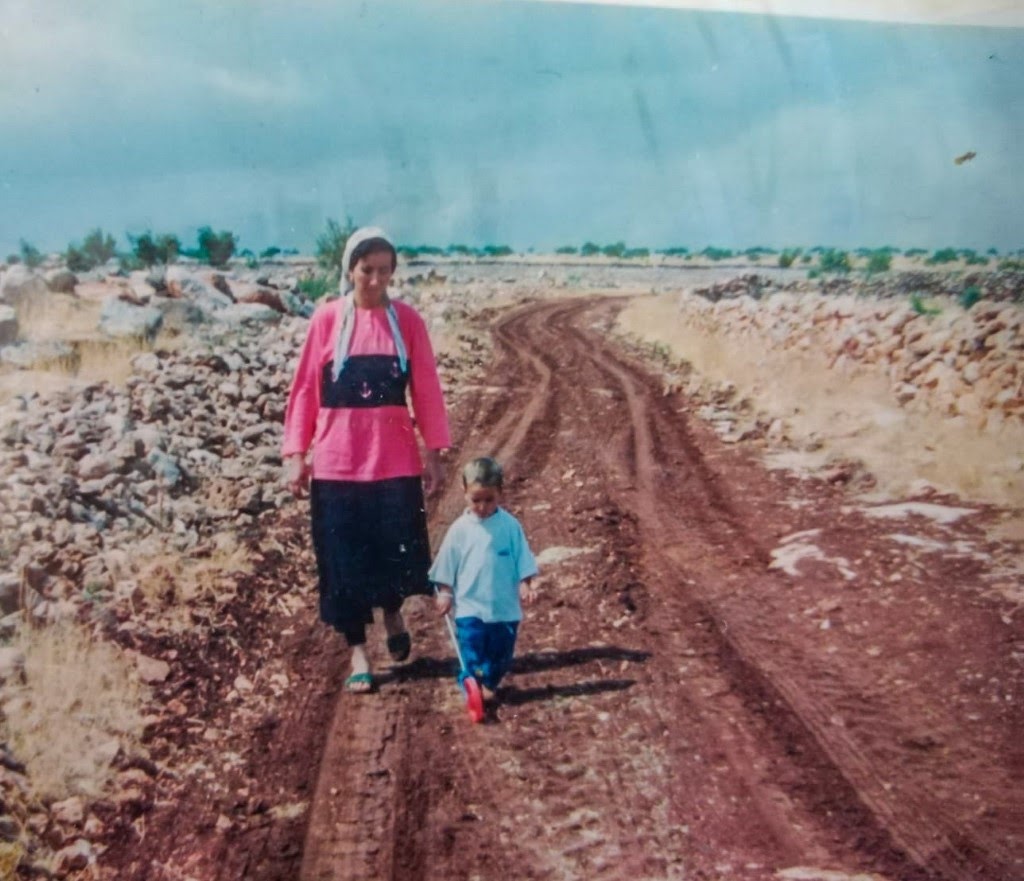
‘My family took care of me financially. He did not even pay for the alimony. On top of that, I took care of his father and mother all my life. He only paid me to take care of his parents. I had animals; I was selling them, milking them and making cheese. My mother-in-law stole my cheese. I would lock the door to hide them, but my ex-husband would break the doors to start a fight so that I could kick him out. If I kicked him out, he would have nowhere to go. He wanted that so he could humiliate me in front of the village.’
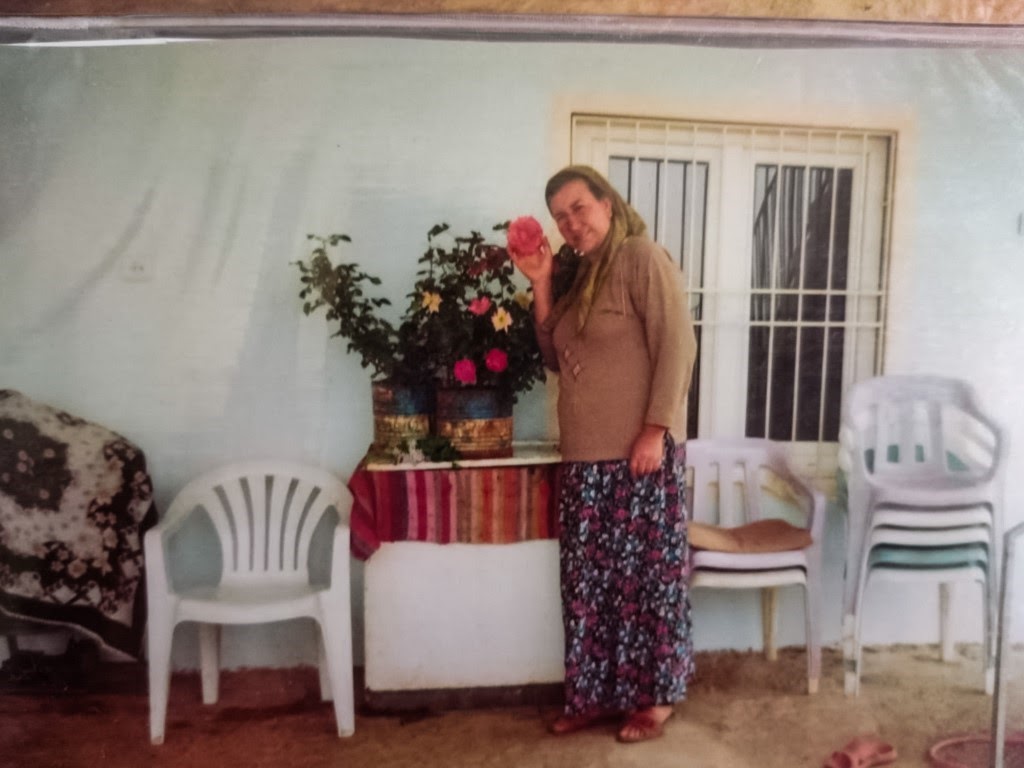
‘We saved our money from our truck farms of pistachios to get my son a driver’s license and a car. Unfortunately, my daughter’s disability allowance was cut when we bought a car as if we were wealthy. As a woman who took care of the truck farm my whole life, I received nothing as a share. It was all given to my ex-husband.’
“I wanted to study, maybe I would have become a doctor, who knows?”

‘As a woman, I felt disregarded and humiliated by a man. If I could go back, I would have divorced earlier. I want no husband, no men. I would never have gotted married. I wanted to study. Maybe I would have become a doctor, who knows? A woman should never depend on a man no matter what.’
